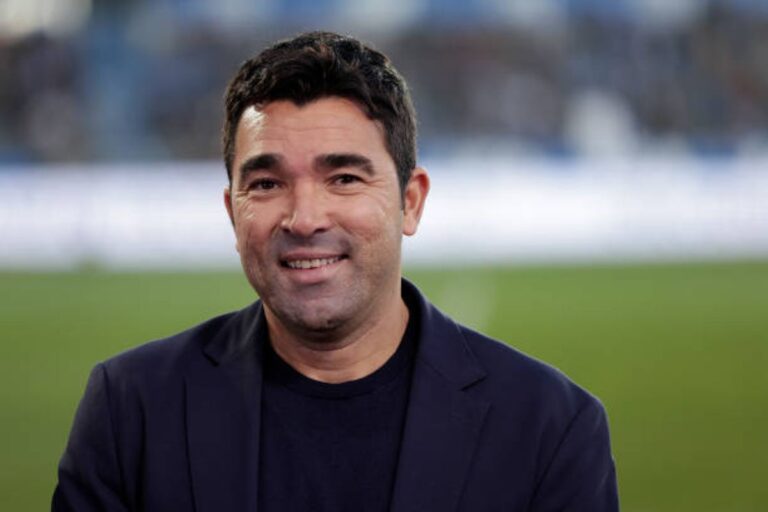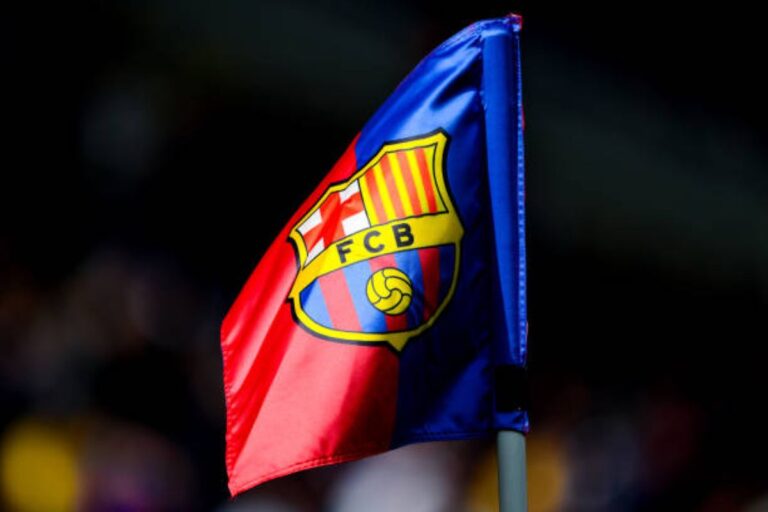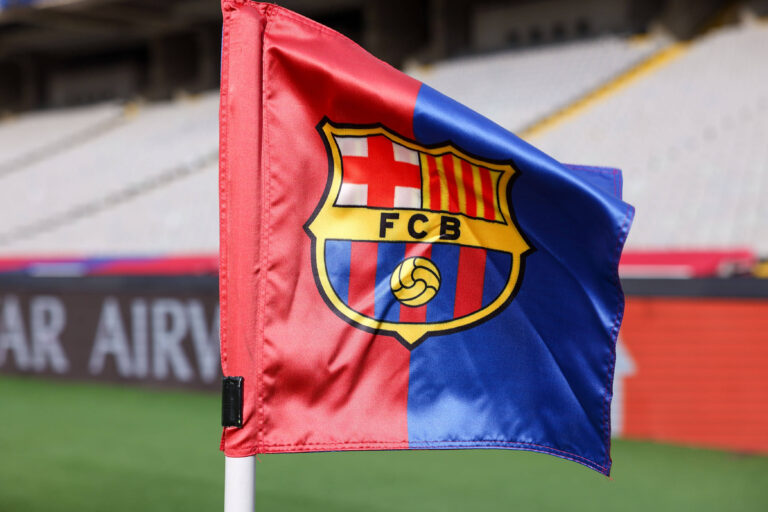The globalisation of football continues to dominate conversations across Europe, with clubs constantly searching for ways to expand their brands beyond their borders.
Barcelona, one of the world’s most recognisable sporting names, has long played a central role in that vision, representing La Liga’s ambitions to compete with the Premier League’s commercial power.
Yet, while top English clubs rake in global audiences, Spain’s elite have often struggled to break through international barriers.
For La Liga president Javier Tebas, taking Spanish football abroad wasn’t just a business move – it was a statement of intent.
However, those ambitions have taken another major hit.
The long-planned La Liga fixture between Barcelona and Villarreal, scheduled for 20 December at Miami’s Hard Rock Stadium, has been officially cancelled.
Event organisers Relevent withdrew from the project, citing “uncertainty in Spain,” effectively ending the league’s hopes of hosting its first regular-season game outside Europe.
The fallout has been fierce. La Liga president Javier Tebas publicly slammed the decision, branding it “narrow-minded” and accusing governing bodies and Real Madrid of sabotaging the league’s global aspirations.
He warned that Spanish football had “lost a historic opportunity” to grow beyond Europe.
“Today, Spanish football has lost an opportunity to advance, project itself globally, and strengthen its future,” he said.
“The defence of ‘tradition’ is invoked from a narrow-minded and provincial perspective, while the true traditions of European football are threatened by decisions by the governing institutions, which year after year destroy national leagues, the true driving force of the European football industry, amid the naivety and passivity of European leaders who fail to distinguish the inconsequential from the essential.
“The ‘integrity of the competition’ is invoked by those who have been questioning that same integrity for years, pressuring referees and leaders, constructing distorted narratives, or using political and media pressure as a sporting tool.
“I want to thank Villarreal CF and FC Barcelona for their commitment and generosity in being part of a project that only sought the growth of our competition.
“They weren’t thinking about themselves, they were thinking about everyone.
“LaLiga will continue working, with rigour and conviction, to keep Spanish football competitive, standing up to those who seek to destroy it, but always respecting its roots and ensuring its sustainability.
“Spanish football deserves to look to the future with ambition, not fear.
“We will keep trying. This time, we came very close.”
The cancellation followed mass protests across Spain’s top flight last weekend, as players from all clubs stood motionless for 15 seconds at kick-off to protest the league’s handling of the Miami plan.
Real Madrid later lodged two formal complaints with Spain’s sports ministry, arguing that the match abroad would “distort competitive balance.”
Dani Carvajal called it “a clear distortion of the competition”, while Barcelona boss Hansi Flick admitted his squad “were not happy.”
Thibaut Courtois also voiced opposition, saying it would “totally affect the competition,” while Barca midfielder Frenkie de Jong called the plan “not good for the players.”
Despite the setback, Javier Tebas insists the idea isn’t dead, vowing to keep pushing for international fixtures in the future.
For now, Barcelona will instead face Villarreal at the Estadio de la Cerámica on 21 December — a far cry from the Miami dream that slipped away.
Want to get the latest Barcelona news direct to your phone? Join our WhatsApp community by clicking here.




